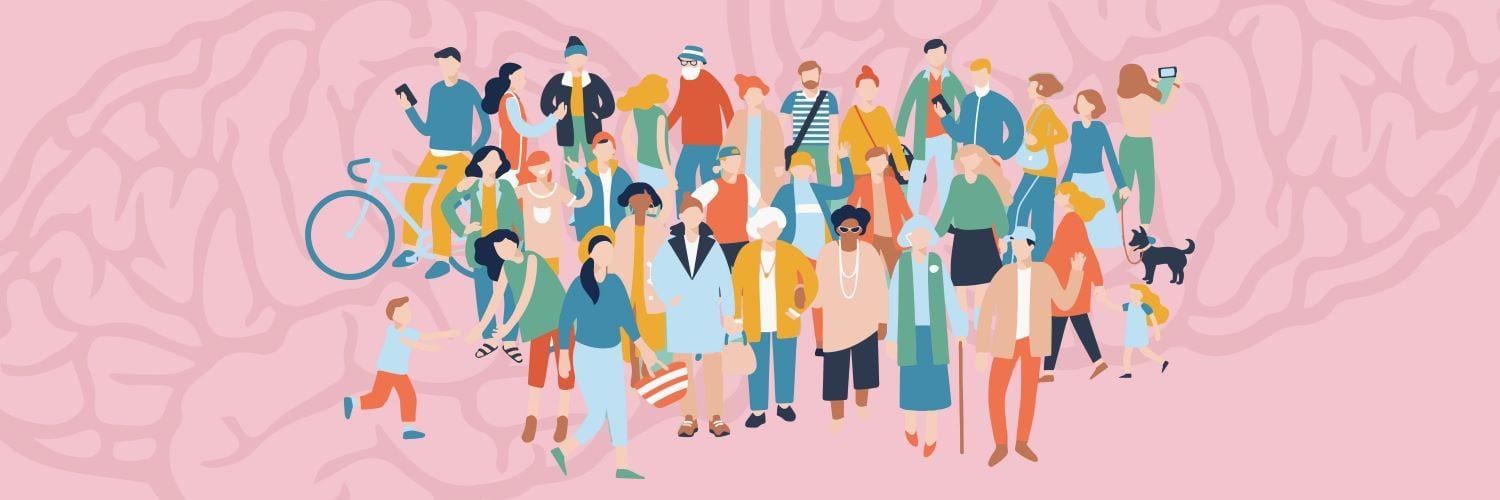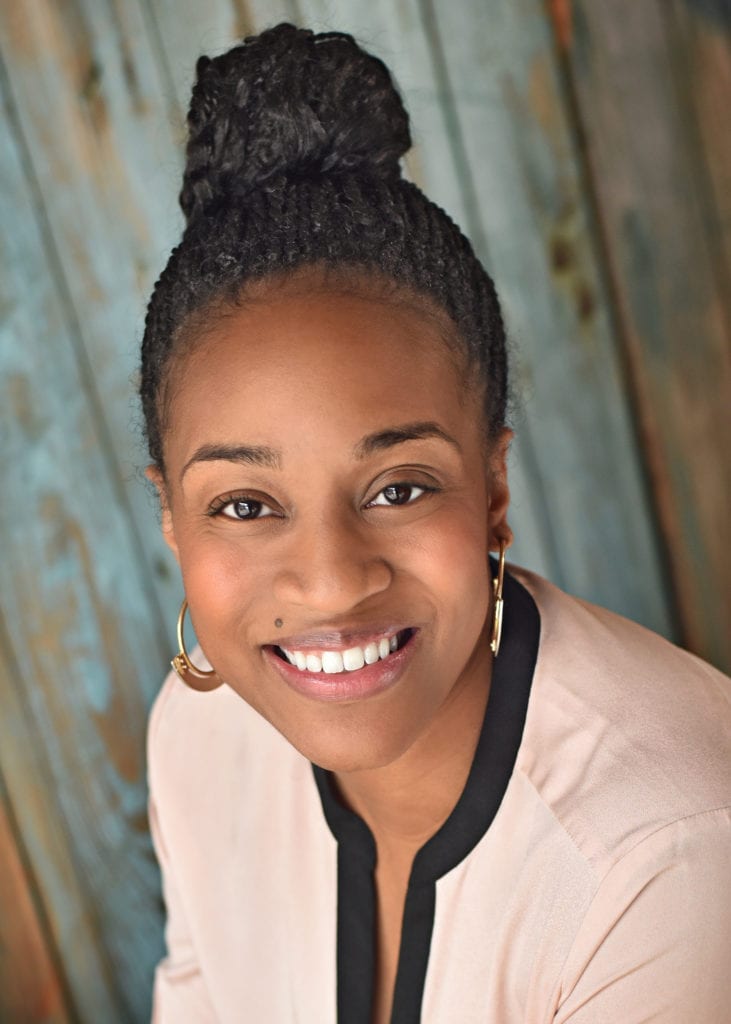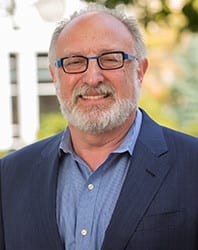Using neuroscience to build a healthy community

While it might sound strange at first, a child's developing brain has certain expectations from its environment. Consistent and responsive care are important for a healthy child and later a healthy adult. Through responsive, consistent care, older humans become powerful protective factors to buffer the stresses of daily life for our younger citizens. The fields of neuroscience, epigenetics, adversity, and resilience teach us that "stress-dose" during early development can have tremendous impact on brain development, behavior and even life-long health. Delve into how brain development is bedrock to healthy communities. What can we all do differently to improve our overall health and the health of our communities and protect our most vulnerable?
Using neuroscience to build a healthy community
Presented by Nancy Michael
This video shows how to apply the “data” of neuroscience, behavior, epigenetics, childhood adversity, and resilience to elevate community health.
Meet the Guest
Presented by Nancy Michael
Kimberly Green Reeves
Director, Beacon Community Impact Team

Kimberly Green Reeves directs community-health focused operations for addressing priority areas and emergent health needs and creates effective community-based health initiatives. Through Beacon’s granting process, she also oversees the capacity-building efforts with nonprofit partners who are working to achieve improved health outcomes.
“I understand from my work that simply being at risk does not have to be a determinant of a health outcome,” Green Reeves said. “Everyone should have the opportunity to be as healthy as possible and we can only achieve this through collaborative engagement across sectors and being inclusive of all individuals.”
Meet the Guest
Presented by Nancy Michael
Dr. Martin Teicher
Director of the Developmental Biopsychiatry Research Program at Harvard/McLean Hospital

Dr. Martin Teicher has been director of the Developmental Biopsychiatry Research Program at McLean Hospital since 1988 and is currently an associate professor of psychiatry at Harvard Medical School. Dr. Teicher’s Developmental Biopsychiatry Research Program was founded in 1988 with the aim of improving the lives of children, adolescents, and adults by exploring the cause of psychiatric disorders that arise during development, and by creating medical devices for their assessment. Dr. Teicher is particularly focused on the enduring effects of childhood maltreatment
View the Event
Presented by Nancy Michael
Subscribe to the ThinkND podcast on Apple, Spotify, or Google.
Featured Speakers:
- Nancy Michael, Associate Teaching Professor and Director of Undergraduate Studies for Neuroscience and Behavior, Science University of Notre Dame
- Martin Teicher, Director of the Developmental Biopsychiatry Research Program, Harvard/McLean Hospital
- Kristin Valentino, Director, William J. Shaw Center for Children and Families & William J. Shaw Center for Children and Families Professor of Psychology, A&L University of Notre Dame
